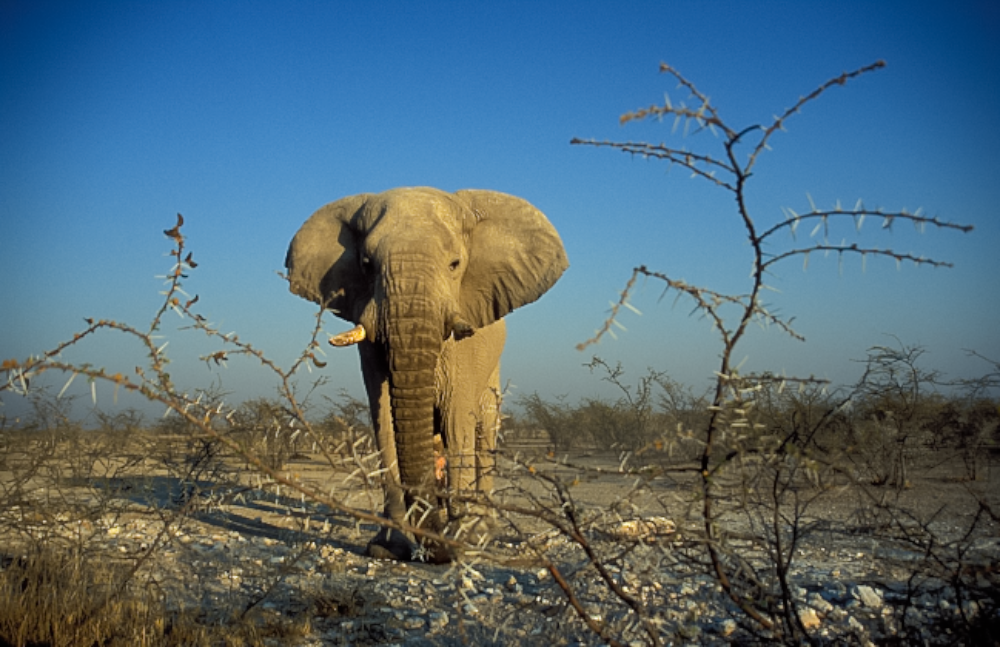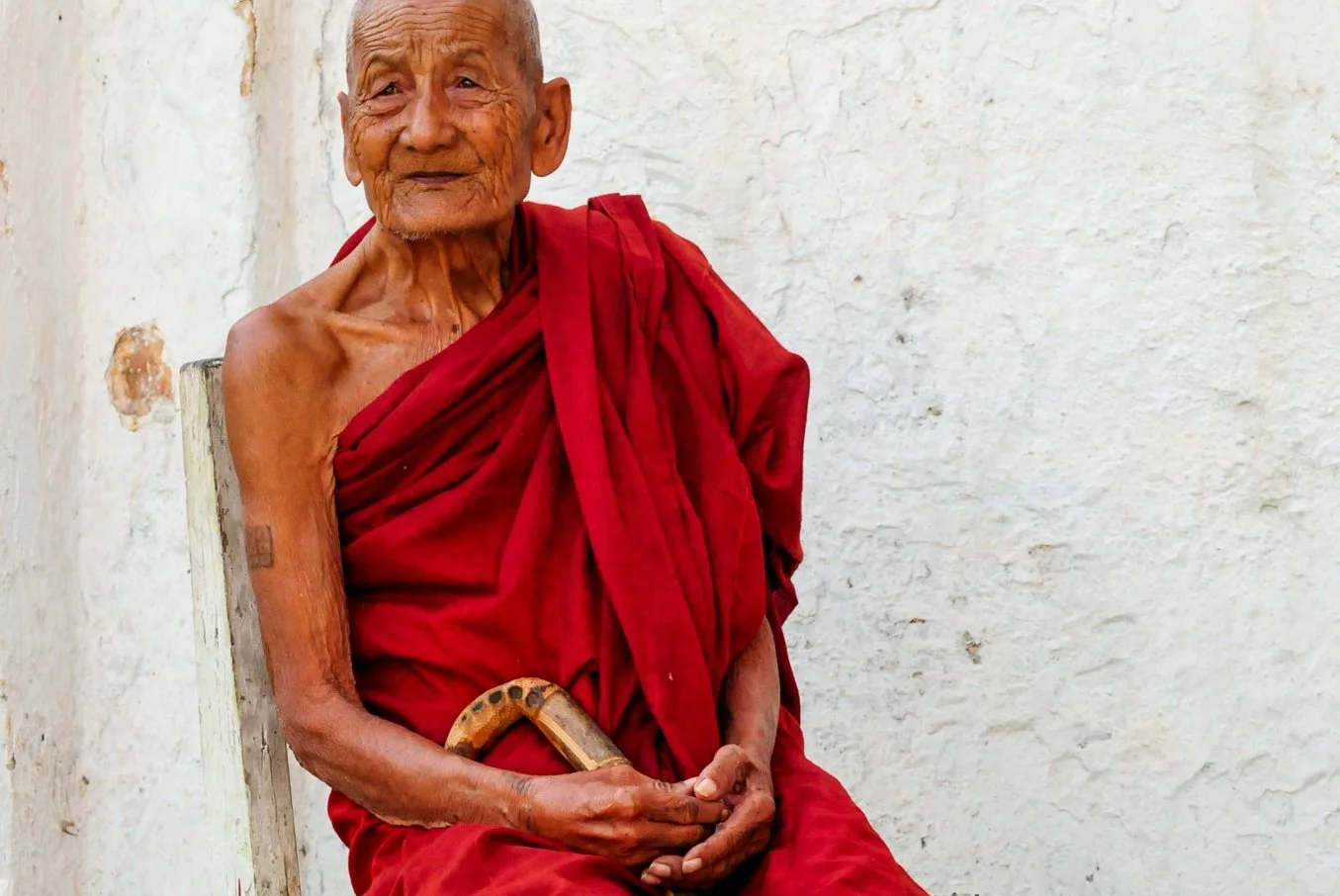In praise of the matriarch …
“Perhaps the most important lesson I learned is that there are no walls between humans and the elephants except those we put up ourselves, and that until we allow not only elephants, but all living creatures their place in the sun, we can never be whole ourselves.” – Lawrence Anthony
Sharing this beautiful portrait of a majestic elephant I encountered on my travels in Namibia for World Elephant Day.
Elephants are known as keystone species, meaning their presence supports entire ecosystems. In forests, they clear paths, help in seed dispersal, and create waterholes used by other wildlife. In grasslands, they maintain balance by preventing overgrowth. For centuries, elephants have been deeply woven into culture, mythology, and festivals. It will come as no surprise that in today’s world, this human connection is ‘buried’ by society at large, as they face threats from habitat loss, human-elephant conflict, and poaching for ivory.
This year’s World Elephant Day celebrates the matriarch, the ‘elder stateswoman’ of the herd. They hold a pivotal role in elephant society, guiding their family groups to vital resources and shaping their responses to potential threats. A matriarch’s ability to make sound decisions, especially during stressful times, significantly enhances the group’s chances of survival.
This phenomenal, intelligent and wise behaviour underscores the vital importance of protecting elephants from poaching; the loss of these influential and knowledgeable matriarchs can have profound ripple effects on the entire herd.
World Elephant Day – and any day we celebrate this god(dess) among beasts – serves as a global reminder that elephants are not just animals to admire from afar, they’re integral to biodiversity and, in turn, our own well-being! This day – any ‘elephant day’ – reminds us all to take action. Whether through creating or joining awareness campaigns, making donations, volunteering time and effort, or simply raising awareness on social media and via word of mouth.
Every. Effort. Counts.
“The more one knows about animals, the more one realises how much we still have to learn.” – David Sheldrick





